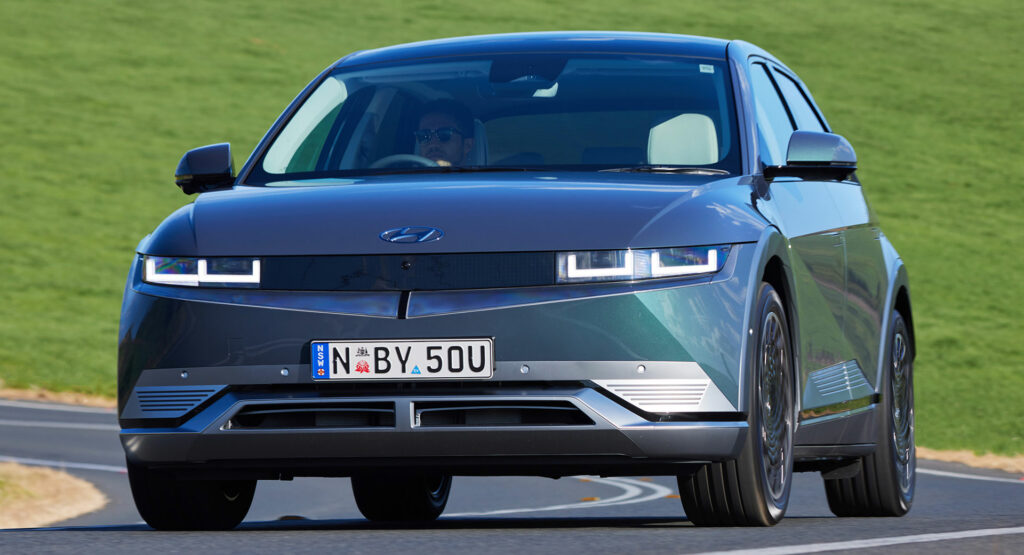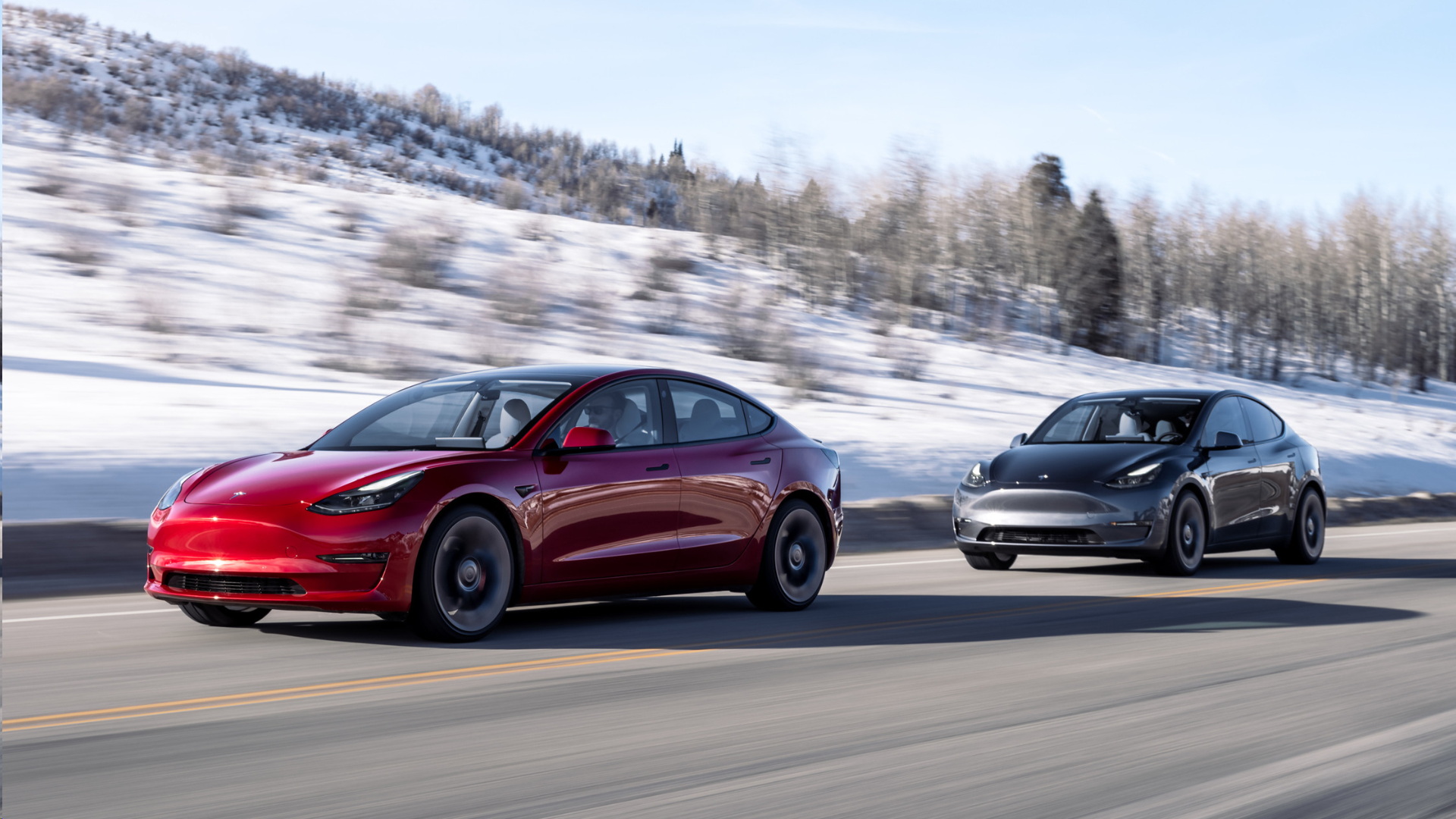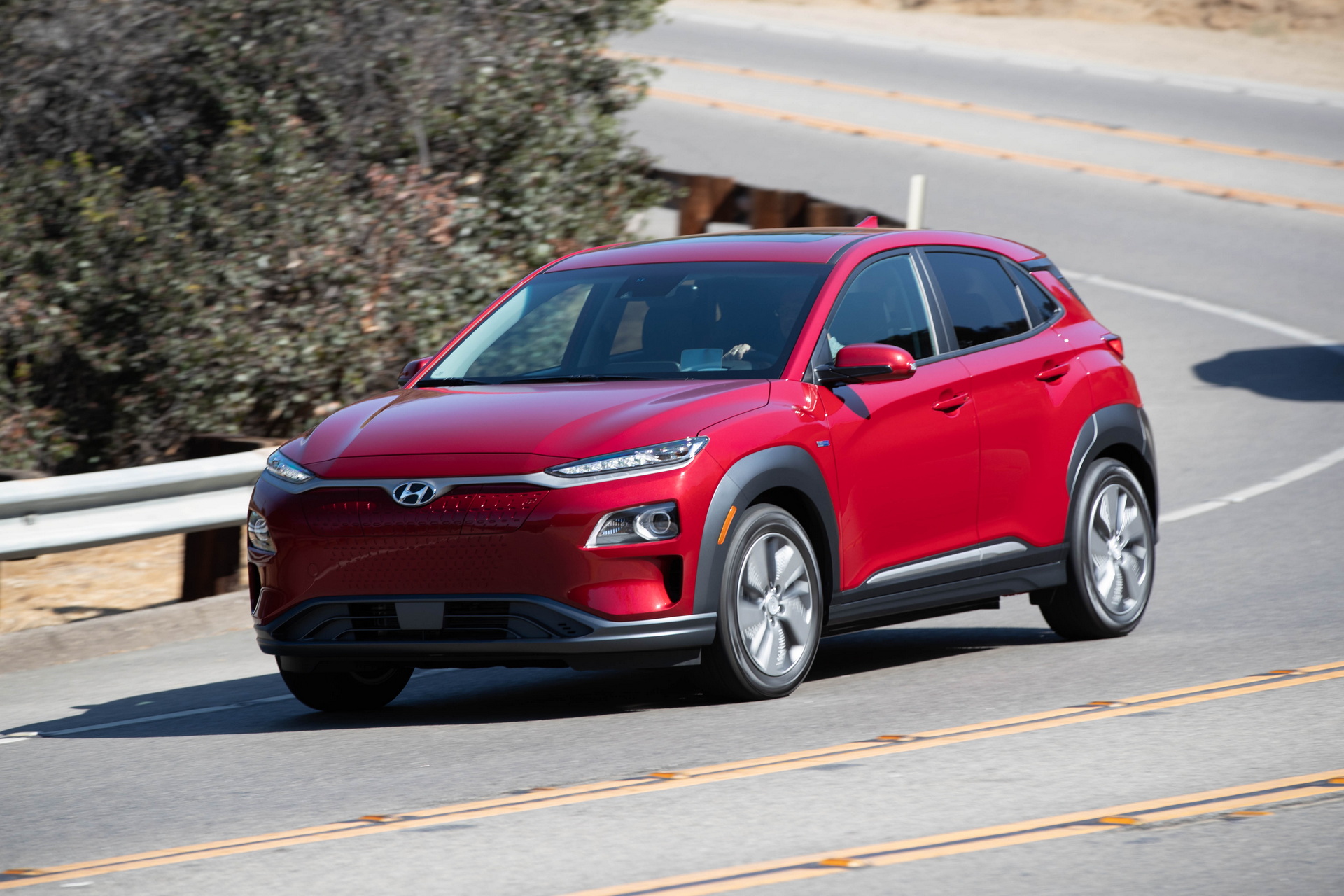More Hyundais received Canada’s federal Incentives for Zero-Emission Vehicles (iZEV) than cars from any other car manufacturer in the first half of the year.
As of the halfway point of 2022, no less than 7,299 iZEV rebates were applied to newly-purchased Hyundai vehicles in Canada, surpassing Tesla with 7,054 units. It is worth mentioning, however, that Hyundai’s numbers don’t just include electric vehicles but also encompasses plug-in hybrids.
The Tesla Model 3 remains the single most prolific model to receive iZEV rebates in Canada, accounting for all 7,054 units as prices for the Model S and Model X are too high. In May alone, 1,139 Model 3s received the rebate but this fell dramatically to 205 units in June as a recent price hike means the electric sedan is no longer eligible for the rebate, Auto News Canada reports.
Read Also: Canada Is Pitching Itself To Automakers As The Perfect Place To Build EVs
In second place with the most rebates was the Hyundai Ioniq 5, with 3,227 units, placing it ahead of the Hyundai Kona EV with 2,227 sales. Other popular models include the Chevrolet Bolt EUV (653 units), Nissan Leaf (590 units), Kia EV6 (458 units), Kia Soul EV (403 units), Chevrolet Bolt EV (389 units), Ford Mustang Mach e (269 units), and the Polestar 2 with 147 units.
Canada’s iZEV incentives can be applied to passenger cars with an MSRP of less than $55,000, as well as wagons, pickup trucks, SUVs, minivans, vans, and special purpose vehicles with an MSRP of below $60,000. Battery-electric, hydrogen fuel cell, and plug-in hybrids with a range of 50 km and over are eligible for up to $5,500 while shorter range plug-in hybrids are eligible for up to $2,500.
As for plug-in hybrids, the most incentivized this year has been the Ford Escape, with 1,643 units receiving a rebate. It was followed by the Toyota Prius Prime (1,395 units), Chrysler Pacifica (1,332 units), Hyundai Tucson (1,011 units), and the Mitsubishi Outlander (986 units).





